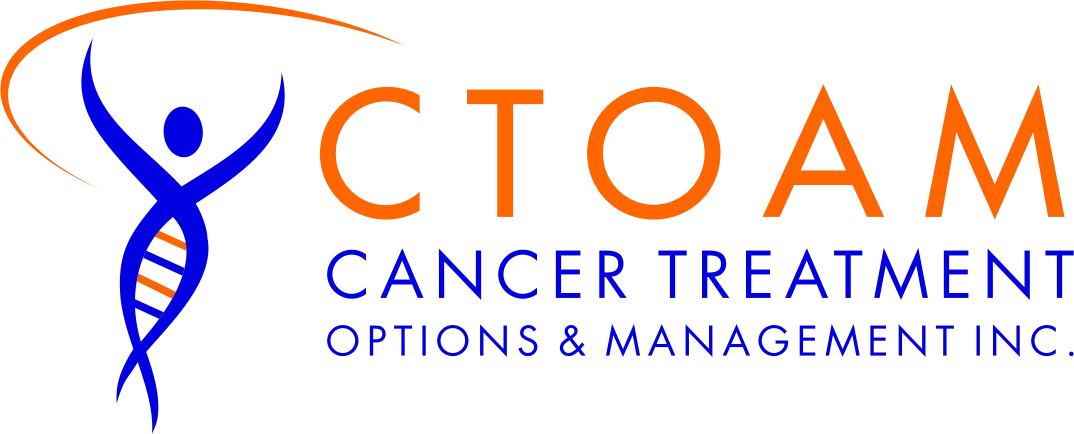Feel confident about your cancer care
Get a PET-CT or PSMA-PET Scan Quickly and Easily
With our personalized PET-CT / PSMA-PET Coordination Service
One scan is all you need!
Get the most accurate information about your cancer. Fast.
Feel confident about your cancer care
Get a PET-CT or PSMA-PET Scan
Quickly and Easily
With our personalized PET-CT / PSMA-PET Coordination Service
One scan is all you need!
Get the most accurate information about your cancer. Fast.
Statistics from studies worldwide show that cancer treatment plans are changed 87+% of the time based on PET/CT results.*

PET/CT and PSMA-PET Coordination Program
Just one scan is all you need.
Step 1: Fill out your intake form
Step 2: Our team will call you within 48hrs
Step 3: We will handle everything for you
Your scan will be set up by our team and you will feel completely prepared; you'll receive your results from our experts within 48hrs of your scan; and you & your doctor will understand what your results mean and how you can best action on them.
See What Patients Say:

Want to Watch a Video Rather Than Read?
Here is a video all about PET/CT:
What You Need to Know About PET-CT Scans
If you’re reading this, it is likely that you or someone you care about either has cancer or you’re concerned that you might.
We are here to help you find out for sure, and to ensure that you have the most accurate diagnosis and most effective treatment. For over 15 years, the CTOAM team has been helping cancer patients around the world access the most advanced and beneficial diagnostics and treatment options for cancer. PET/CT is the world gold standard for imaging tests for cancer diagnosis. And yet, patients around the world are often not offered this powerful diagnostic tool.
For example, in just one province in just one country (Ontario, Canada) alone, 11,000 patients died unnecessarily in 2022 because of massive wait times to even get a diagnosis.* This issue is not limited to Ontario, nor just to Canada.
And you don’t need to wait – you don’t need to waste precious time on tests that are not going to get you and your doctor the information they most need. We are here to help. Once you have proof with a PET/CT scan of your cancer status, the cancer clinic nearest you will be able to act more rapidly to get you the surgery and treatment you most need.
PET-CT Versus CT Scan
PET-CT Finds What CT Scans Miss
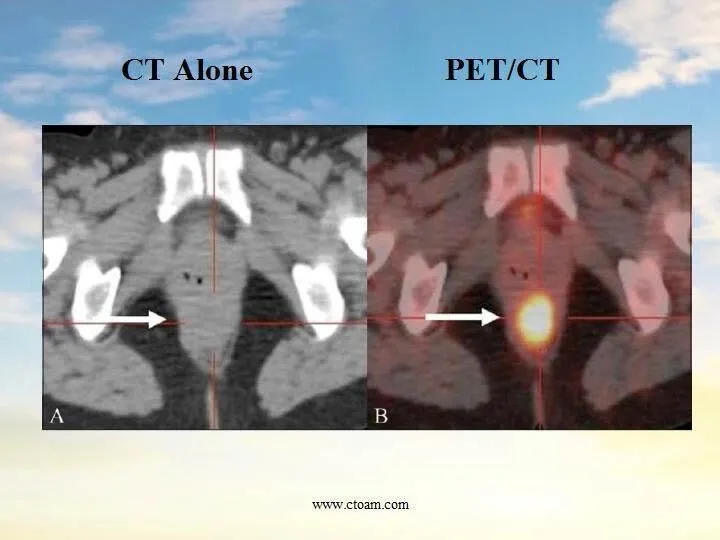
In the image above, the patient was told they were cancer-free based on the CT scan (left side). When the patient opted to get a private PET-CT scan (right side), the PET-CT scan showed a tumour that would have otherwise gone untreated.
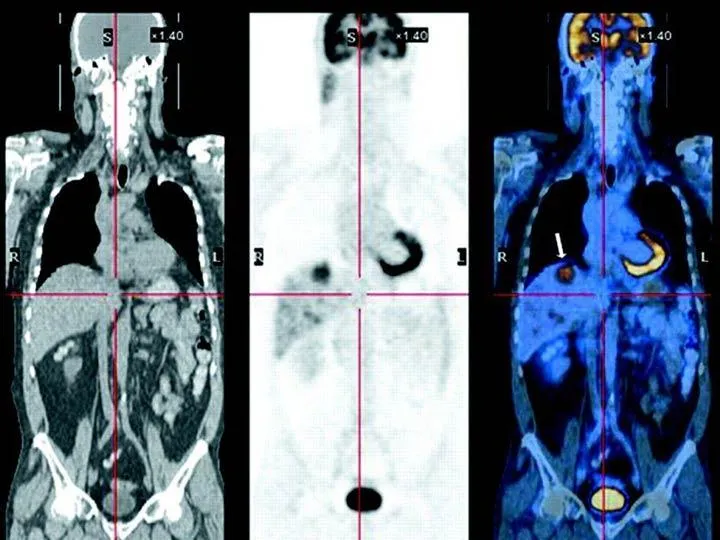
This is a similar comparison: To the left is a CT scan, where you can see some questionable masses, but nothing to show if the masses are live cancerous cells (malignant) or dead cells (benign). To the right is a PET-CT, where you can clearly see the glowing areas of live cancer.
Do You Qualify for a PET-CT Scan?
Please read!
Unfortunately, not everyone is able to get a private PET-CT scan. There are strict requirements that dictate whether you are, or are not, eligible.
You need to meet one of the following criteria, in order to get a private PET-CT scan in Canada:
1. Prior Cancer Diagnosis
2. Pathology Report Showing a Cancer Diagnosis
3. CT Scan or MRI with "Suspicious" Findings
Our team will need to have a copy of the above in order to proceed with coordinating your scan.
Rest Assured, We Can Help You
If you do not meet the criteria, please reach out to us and we can connect you to our new L-RNA test, which will provide you with similar information regarding whether or not you have cancer.

Shows your true stage of cancer
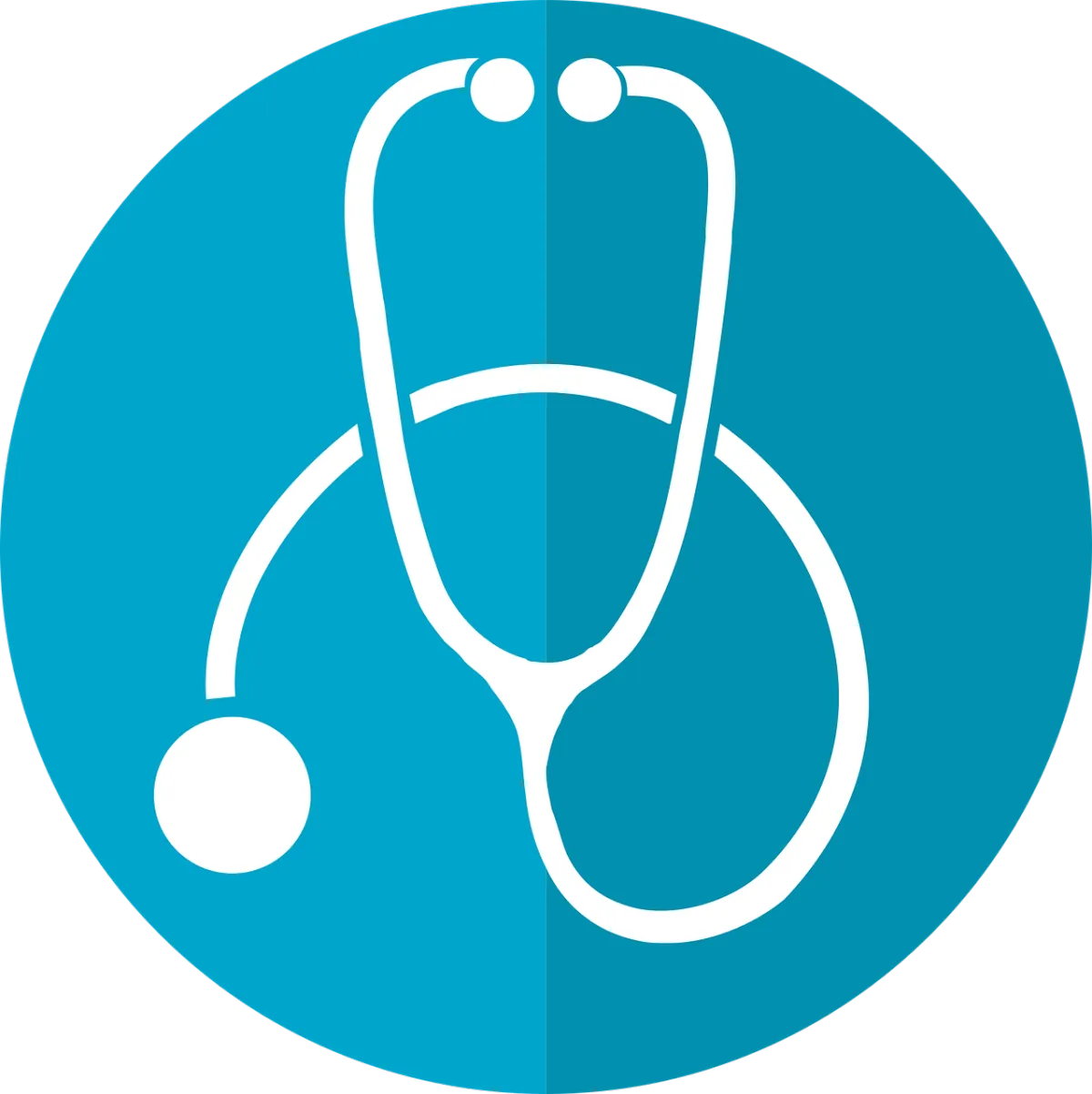
Better prepares you for surgery (it's essential!)

Shows level of aggression in tumors
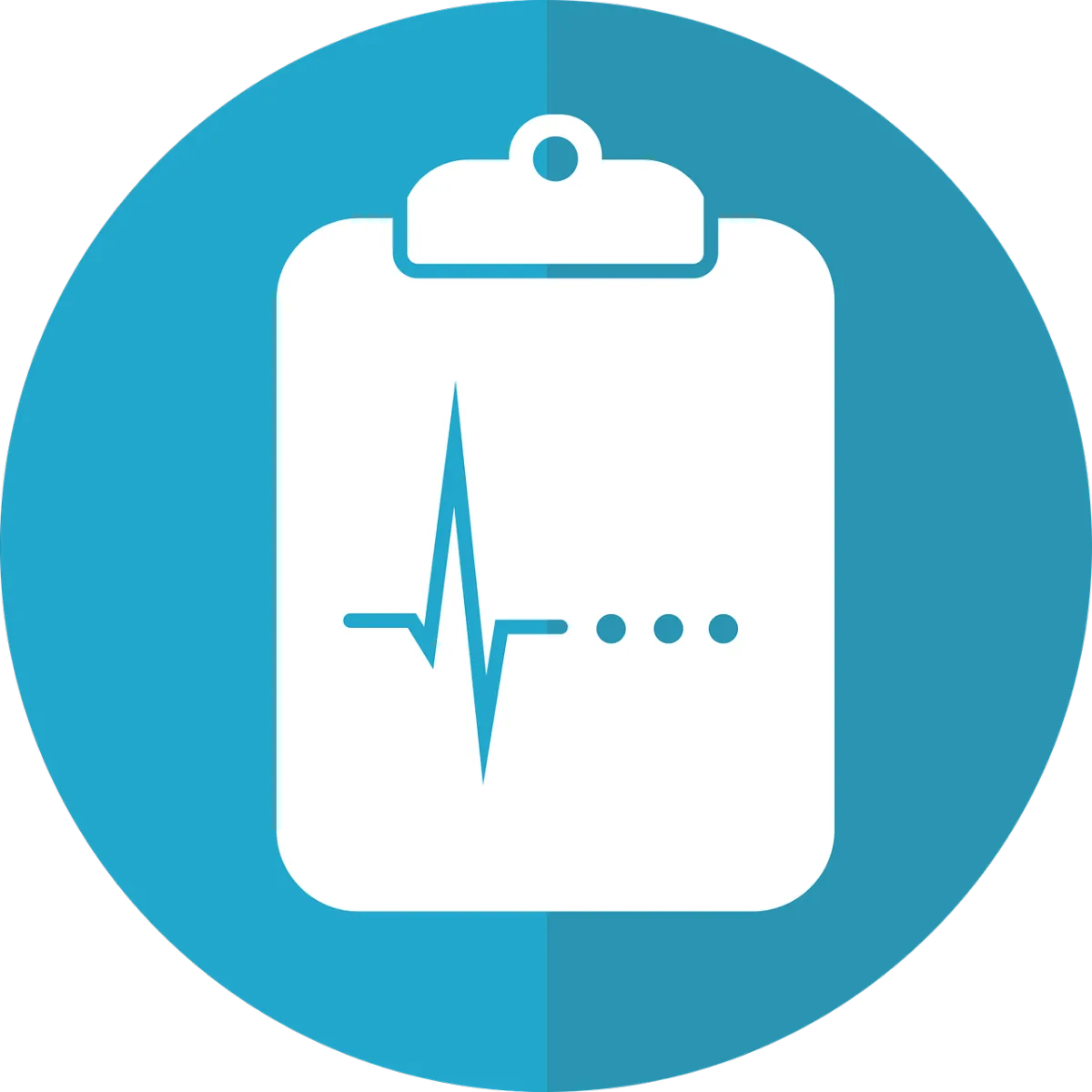
Only one scan is needed

Fastest way to get the most accurate information
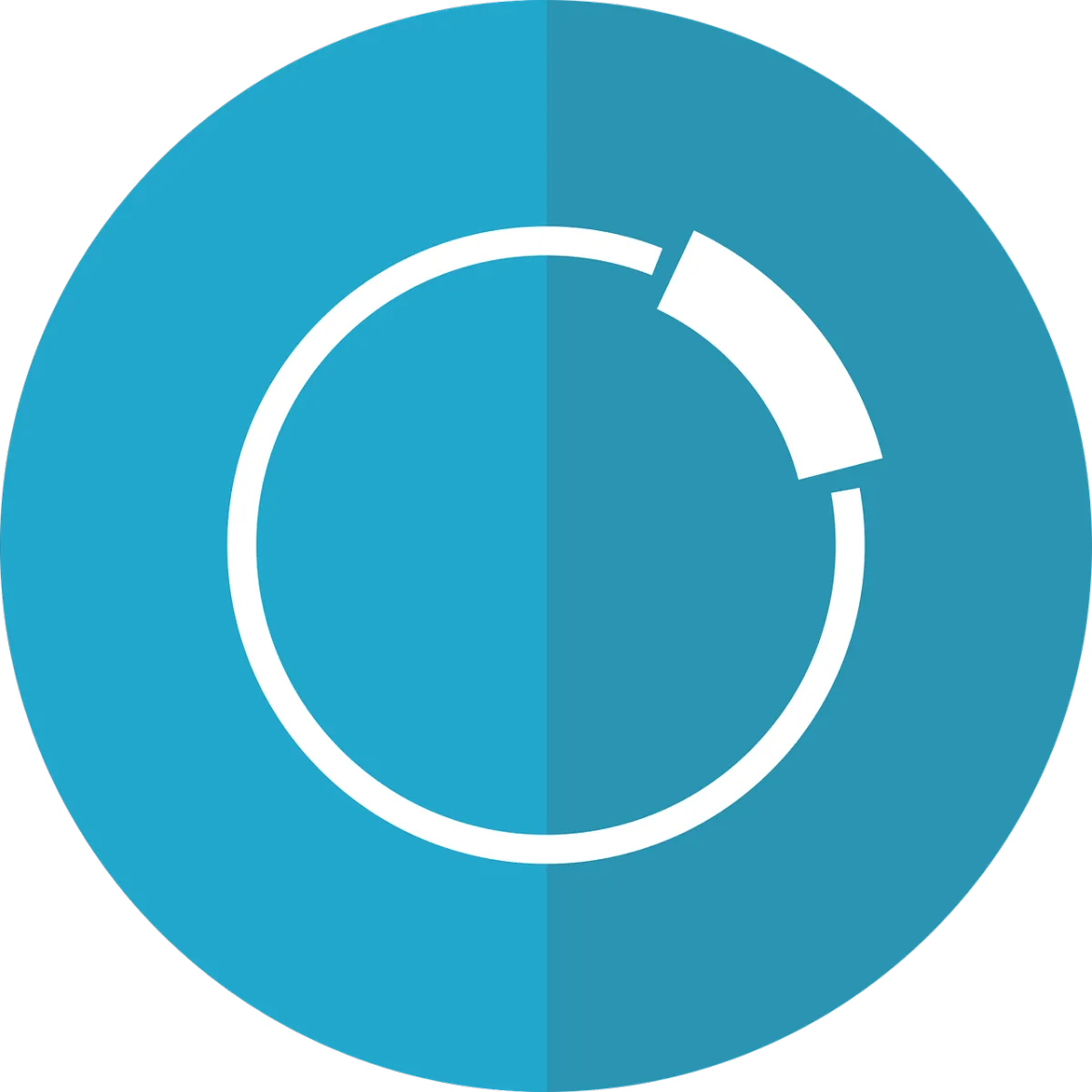
Shows exactly where cancer is in your body
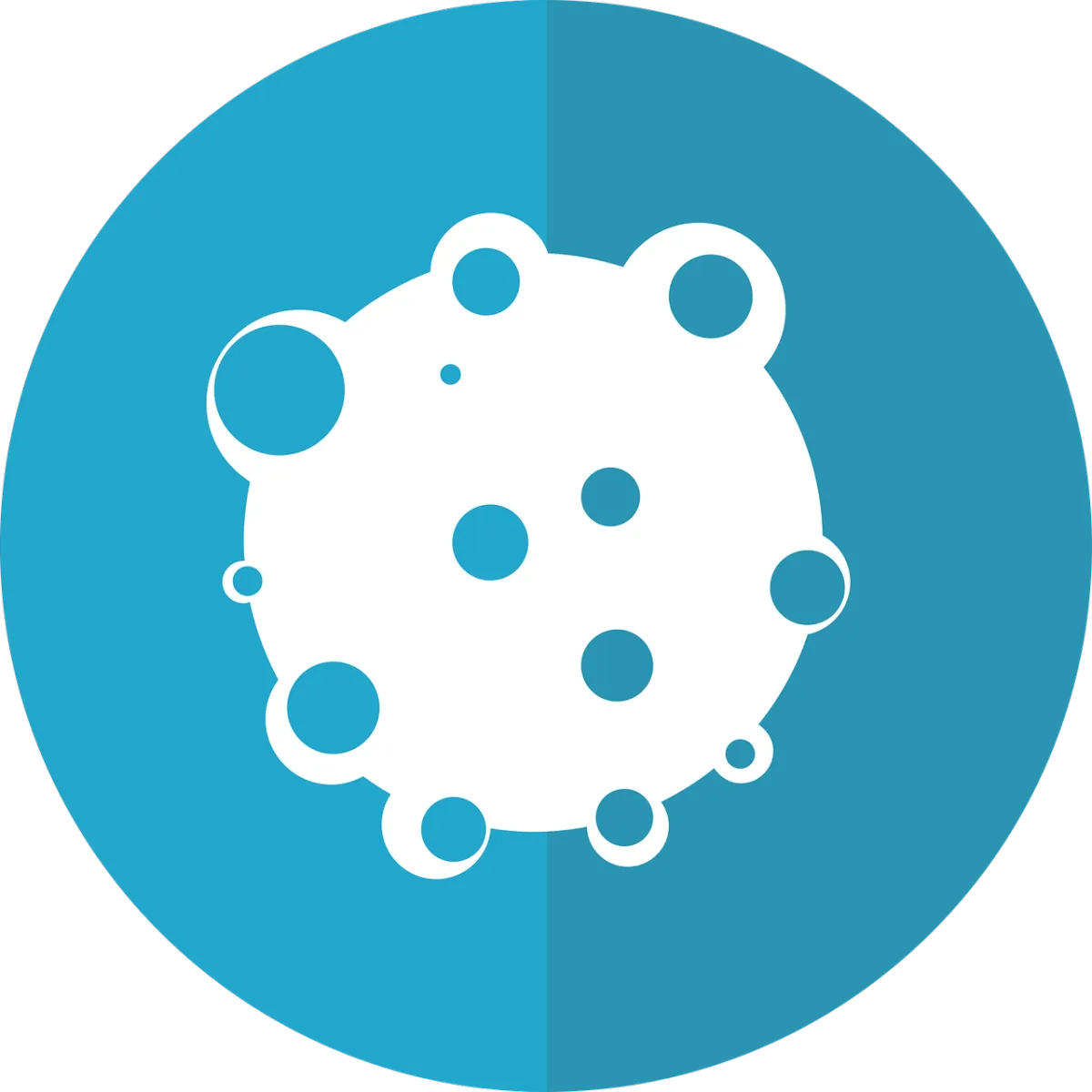
Identifies benign tumors from malignant tumors

Much more affordable than a PET-MRI
What the Experts Say
Further evidence that PET-CTs are providing superior diagnostic results...
CADTH, which stands for the Canadian Agency for Drugs and Technologies in Health, is an independent, not-for-profit organization in Canada that provides evidence-based information to help healthcare decision-makers make informed choices about the use of drugs and other health technologies. It is also now Canada's Drug Agency (since 2024).
In the 2021 Canadian Medical Imaging Inventory Service Report from CADTH, titled "The Future of PET-CT in Canada," they make very clear – in the first paragraph alone – that PET-CT provides myriad benefits to cancer patients and is superior compared to standard diagnostic imaging:
"It is widely recognized that PET-CT provides improved image quality compared to conventional
imaging such as CT, particularly for cancer. Its superiority derives from the fact that it has the
most specific and sensitive means for imaging molecular interactions and pathways within the
human body.
Evidence shows that PET-CT can more accurately inform the staging of cancers
and influence treatment and management strategies. PET-CT may also lead to improved quality
of care for patients and better utilization of medical resources, with information from PET-CT changing up to 50% of planned therapies and surgeries. PET-CT can also lead to cost savings by avoiding unnecessary imaging tests, biopsies, or treatments."
Patient Story: How a PET-CT Helped Karen
Find out how a PET-CT helped Karen –
and caught what a CT had missed!
Why is it so important for patients to get a PET-CT scan before starting treatment…
even if their doctor doesn’t think so?
In this short educational video, you'll see a discussion from one of our live “Office Hours” Zoom calls with cancer specialist, Alex Rolland, and advocacy expert, Michelle Morand.
Alex talks with Karen, a cancer patient and CTOAM client, who shares her experience with advocating for a PET-CT scan and how helpful it has been for her treatment plan.
Importantly, you will hear how certain key pieces of information regarding Karen's diagnosis were completely missed by standard care diagnostics.
Not to mention – her doctor actually told her that getting a PET-CT would not change anything! And that she was wasting her time and money if she still insisted on getting one.
Karen shares what it was like talking to her doctor and being met with resistance...and how she moved forward despite these challenges.
One Scan is All You Need
PET/CT (Standard FDG PET) and PSMA-PET (for prostate cancer – Prostate Specific Membrane Antigen PET) are the only imaging tests that can tell you definitively with one scan whether you do or don’t have cancer.
CT scans require multiple scans over three to six months or more and, even then, are only up to 60% accurate. Yet, they are cheap and plentiful as they are already a part of our healthcare system, whereas PET/CT is newer technology. (Even though PET-CT was first developed in a combined USA and Canadian research program in 1998 – 25 years ago!)
While PET/CT is well proven to be far superior to CT and MRI for cancer detection and staging, at this time, due to lack of uptake in the healthcare infrastructure, PET-CTs cost more.
So, CT scans are still the most used imaging tool for cancer despite their significant limitations (60% maximum validity only after repeated scans – see additional resources for more information and statistics).
For example, here's a story that I see happen far too often...
I had a call just yesterday with a fellow whose GP ordered three CT scans and one MRI over an eight month period, all of which failed to detect an 8cm adrenal tumour and metastases to three organs!
And this person's cancer was only identified because they gave him surgery for what they thought was some other thyroid issue!
This story is all too common.
Cancer patients should not have to suffer inaccurate diagnoses or less than the best care simply because of budget limitations and outdated technologies when better options exist.
This is why our team has been coordinating private PET/CTs for our patients for over a decade in Canada and around the world.
Patients like Barbara are Benefitting from PET-CT...

Our team has 60+ combined years in cancer care
Just one scan will give you all the information you need to feel confident in your cancer care choices.
Step 1: Fill out your intake form
Step 2: Our team will call you within 48hrs
Step 3: We will handle everything for you*
*We will set up your scan and ensure you're completely prepared for it. We will deliver the results to you within 48hrs. And we'll ensure that you & your doctor understand what your results mean and how you can best action on them.
PET/CT is Better at Showing the True Stage of Your Cancer
PET/CT provides you and your doctors with critical information regarding the true stage of your cancer. You will know if you have metastases or not and, if so, where. This helps ensure you get the fastest access to the most effective treatment.
Surgery can be more effective - more of the tumour(s) can be removed.
Radiation can be properly targeted.
You’ll get a better biopsy sample to have genetic testing performed.
CT cannot do that and so, with CT, patients are often misdiagnosed with lower stages; therefore, doctors treat them with less beneficial therapies when they really need the best options STAT.
Prepping for Surgery and Radiation
The PET/CT test also gives us critical information about the size and aggressiveness of your tumour(s) which is critical information for surgery and for radiation therapists to ensure that the most aggressive tumours are addressed first.
You see, sometimes the most aggressive tumours are not the largest ones – but they are the ones we want addressed asap. Ideally, those are the ones we want to use for genetic testing of your biopsy/surgical tissue to ensure your treatment is targeted to the most aggressive mutations that are driving your cancer.
Why the Speed of a PET-CT Matters
Canada's Doctor Shortage is Having Consequences on Cancer Patients
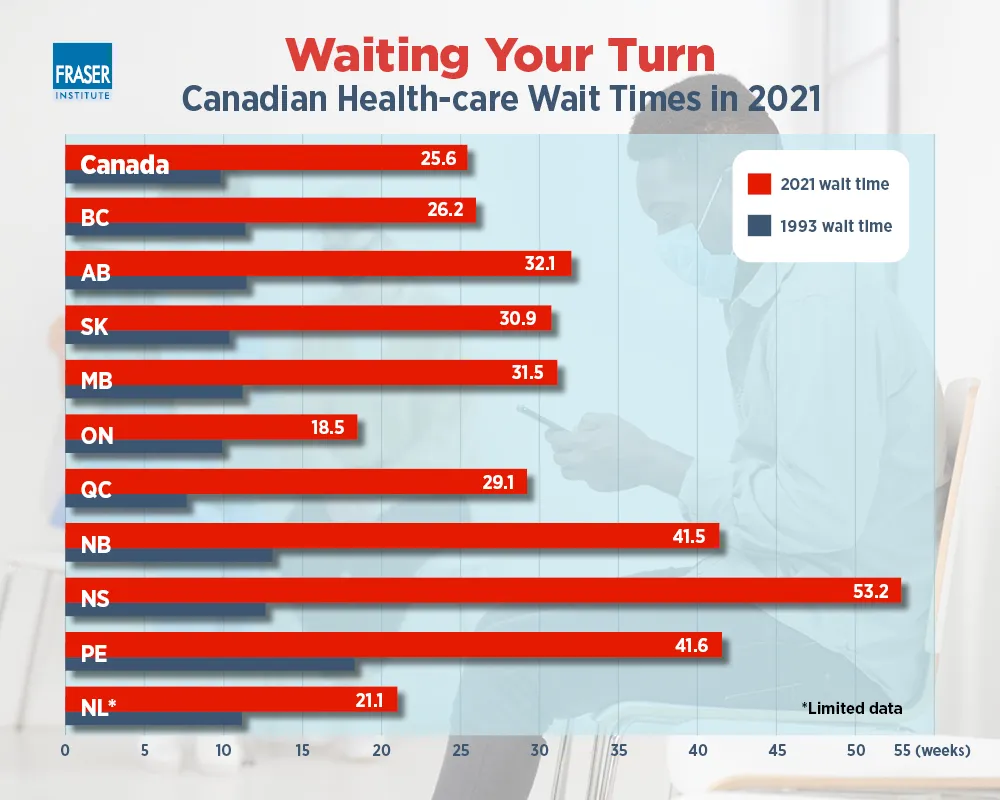
In Canada, wait times for doctor visits and standard diagnostic tests are steadily increasing. As a result, many patients are being diagnosed with cancer far too late – and with each delay, the cancer has more time to grow, reducing the chances of successful treatment.
The Earlier You Are Diagnosed, the Greater Chance of Treatment Success
When it comes to cancer, time is critical. Early detection greatly increases the chances of successful treatment and long-term remission.
One PET-CT scan is all it takes to know with certainty whether cancer is present – and if so, exactly where it is in the body.
CT scans require at least two separate scans for comparison, often spaced months apart, plus additional waiting time for results.
Canada's Doctor Shortage is Causing Delays in Diagnosis
Canada is facing a nationwide shortage of doctors and nurses, creating significant delays in diagnosis.
Patients across the country are often forced to wait many months – sometimes years – for an accurate cancer diagnosis.
Long diagnostic wait times can mean weeks or months of uncertainty, which is both stressful and dangerous if cancer is present.
Delayed diagnosis increases the risk of more advanced disease and fewer treatment options.
Patient Stories: When a PET-CT Makes All the Difference
Linda's Story

After finishing cancer treatment for ovarian cancer, Linda was told by her doctor that she was cancer-free. This was a huge relief after everything she had been through.
But Linda still had a feeling that something wasn’t quite right. She wanted real certainty, not just hope. Her doctor was not willing to prescribe a PET-CT scan for her, saying it was completely unnecessary.
So Linda reached out to our team for a second look. We arranged a private PET-CT scan for her...and it’s a good thing we did. The scan revealed that there was still active cancer in her body – something the standard follow-up CT scan had missed.
Because the PET-CT scan caught the remaining cancer, Linda was able to start the right treatment immediately and ensure that ALL the cancer in her body was eliminated.
Today, she’s back on track and in remission, which we are all thrilled about. But her story remains a powerful reminder to trust in your instincts – and that fast access to advanced imaging can change everything, regardless of whether your doctor supports it initially or not.
Jarred's Story (PSMA-PET)

Jarred had been cancer-free for over a decade after prostate cancer surgery, but a rise in his PSA levels signalled that something might be wrong.
Despite this, his doctor initially refused further imaging, and an MRI later showed no signs of cancer. Still uneasy, Jarred sought a second opinion, which turned out to be an instinct that likely saved his life.
Our team immediately ordered a PSMA-PET scan for Jarred, which revealed that his cancer had not only returned but had already begun to spread!
Thanks to the PET-CT scan, Jarred's treatment plan was urgently revised, giving him a real shot at recovery. Our team found a treatment protocol that was a match for the molecular features of his cancer, and Jarred is now in remission, about a year later.
This case highlights the critical importance of PSMA-PET scans in detecting prostate cancer recurrences that standard diagnostics can easily miss.
Read more on Jarred’s case here.
A Few Common Questions About PET-CT
What Tumor Size is a PET-CT Scan Good For?
PET/CT can detect tumours as small as 0.88 cm in size.
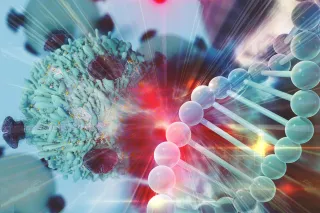
Does a PET-CT Scan Work for All Types of Cancer?
A PET/CT scan (i.e. standard FDG PET) is an excellent to use for almost all types of cancer except:
a) Blood-based cancers that are in early stages, and therefore have no solid tumours. For these types of cancer, we offer a blood-based assay that looks at every gene in your body (20,813 of them!) to see if cancer is present – this test is called Liquid RNA or LRNA. If you would like more information on this test just let us know. (However, please note: "F-FDG PET/CT may become a critical diagnostic tool for the early diagnosis of leukemia in patients without a remarkable abnormality in peripheral blood or patients presenting with non-specific symptoms, such as bone pain and fever.")
b) Glioblastomas/brain cancers – because the brain drinks up a lot of the glucose solution (from a PET-CT), which can give false readings. MRI is the preferred imaging test for the brain, since it is very clear. It is worth nothing, however, that PET/CT can be used to determine necrosis versus progression in brain cancers.
If you would like more information, just contact us or book a Free Cancer Care Strategy Session with us.
d) Some kidney, urothelial and bladder cancers.
e) Some low-grade sarcomas (i.e. soft tissue cancers).
f) And there’s a special PET/CT just for prostate cancer called PSMA-PET. This stands for: Prostate Specific Membrane Antigen. It is not the same as PSA. This test provides prostate cancer patients with a very accurate diagnosis. An entire field of cancer treatment has been established for prostate cancer patients based on the information provided by this scan. This field is call Theranostics. We can help coordinate your access to Theranostics if that is the right treatment for you.
If you're unsure whether PET-CT is right for you, just email us at admin@ctoam.com to ask.

What is the Difference Between a PET-CT and a PSMA-PET?
A PET-CT scan is excellent for almost all types of cancer. (Please see the question above for the cancer types it does not work well for.) PET-CT is a combination of positron emission tomography (PET) with computerized tomography (CT). It is a powerful, essential tool for cancer detection and diagnosis. It is superior to a CT scan in many ways: PET-CT can identify the aggression level of tumors anywhere in the body; differentiate between benign vs. malignant tumors; and requires just one scan to provide you with this information, rather than relying on comparison between multiple scans.
A PSMA-PET scan is specifically for prostate cancer. It stands for: Prostate Specific Membrane Antigen (not the same as PSA). This test provides prostate cancer patients with a very accurate diagnosis. An entire field of cancer treatment, called Theronostics, has been established for prostate cancer patients based on the benefits of this scan. If you get a PSMA-PET and we learn that Theronostics is the right treatment for you, our team can help coordinate access to this leading-edge treatment. Many of our patients have had great success with Theranostics.
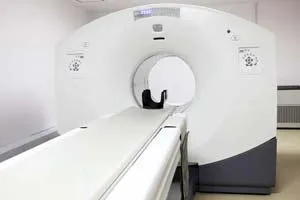
Is PET-CT a Full Body Scan?
The PET/CT is a full body scan. However, it does not include the brain and cannot be used for accurate brain imaging. This is because the brain is just as thirsty for resources as cancer is and, therefore, will also drink up quite a bit of the isotope/glucose solution, giving a false sense of cancer presence there.
For the rest of your body, PET/CT is the best way to identify what is and isn’t cancer.
If there is any reason whatsoever to assume anything cancer-related is in the brain region, the best diagnostic tool you can use is an MRI. We can coordinate an MRI for you if needed.

What Do the World's Best Hospitals Say About
PET-CT?
Don’t just take our word for it! Here are some links to info from some of the worlds most well-known and reputable sources in cancer research and treatment about the great benefits of PET/CT to cancer patients:
"A positron emission tomography (PET) scan is an imaging test that can help reveal the metabolic or biochemical function of your tissues and organs. The PET scan uses a radioactive drug called a tracer to show both typical and atypical metabolic activity. A PET scan can often detect the atypical metabolism of the tracer in diseases before the disease shows up on other imaging tests, such as computerized tomography (CT) and magnetic resonance imaging (MRI)." – Mayo Clinic
"With PET/CT, Stanford doctors can make more accurate diagnoses, develop more targeted treatment plans, and do better, less-invasive treatment monitoring, which should result in improved patient outcomes." – Stanford Healthcare
"Unlike computed tomography (CT) or magnetic resonance imaging (MRI), which show anatomic detail, PET images biochemical or physiologic phenomena. Because of this, PET offers substantial advantages over anatomic imaging modalities in oncologic imaging. PET can often distinguish between benign and malignant lesions when CT and MRI cannot." – PubMed (From 2005!)
"Research demonstrates that many treatment plans change drastically after a cancer patient receives a PET/CT scan: "Depending on the tumor subtype, changes in
therapeutic management of between 15% and 40% based on PET or PET/CT findings have been described." – Journal of Nuclear Medicine Technology
More Validation from Experts on PET-CT
See further proof from reputable cancer organizations around the world!
An article from Independent Imaging outlining the advantages of PET-CT scans over CT:
Double the Diagnostic Clarity.
Clearly, the fact that a PET scan and CT scan show different things, that when combined patients reap twice the diagnostic benefits. Alone, a PET scan will show areas of increased activity within the body – while a CT scan alone produces detailed images of tissues and organs inside the body. Together, the scans allow your doctor to see exactly where the issues are, and what may be contributing to it. It can help differentiate between a cancerous and noncancerous mass in the body.
It is a relatively painless procedure that measures both anatomy and metabolic function within the patient’s body as images are captured in a single scan.
The actual scan only takes about a half an hour to complete.
Easy and non-disruptive. Aside from the initial injection of the radioactive material, the exam is non-invasive and requires no recovery or downtime afterward. Patients may immediately assume normal activities after a PET/CT scan.
Some information from the Canadian Cancer Society:
A PET scan may be done to:
help diagnose certain cancers
see how far the cancer has spread (staging)
find out if cancer treatment is working or as part of follow-up
check if cancer has come back (recurred) after treatment or spread to other parts of the body
help diagnose non-cancerous conditions
Combined PET-CT scanning joins a PET scan and a computed tomography (CT) scan into one test. It may provide a more complete image of a tumour’s location, growth, or spread than either test alone.
An article from Cancer Care Ontario’s website:
PET scanning reveals changes in biochemical processes (e.g., sugar metabolism) that may occur before any changes in anatomy are visible.
The advantage of PET scanning is that it may show more extensive disease than the CT or MRI.
This information could change how the illness is managed (for example, whether a patient is offered aggressive, potentially curative treatment as opposed to palliative treatment).
Studies and Clinical Trials also show Efficacy of PET-CT
and PSMA-PET
A study summary from ASCO specific to PSMA-PET for prostate cancer:
ASCO stands for, American Society for Clinical Oncology. They are an extremely reputable science-based research organization and platform.
This study is focused on PSMA-PET/CT and how it can help improve clinical treatment of prostate cancer.
"Compared to the standard scans alone, when PSMA-PET/CT was used, clinicians changed how they might treat a patient with clinically significant prostate cancer in 19% of cases. The technique also helped detect significantly more clinically significant prostate cancers."
This study is focused on PSMA-PET/CT and how it can help improve staging of prostate cancer.
"The researchers discovered that 46% of the patients with high-risk prostate cancer previously classified as nonmetastatic by conventional imaging had metastatic disease when evaluated with advanced PSMA-PET imaging. Based on PSMA-PET imaging, 24% of the patients showed five or more lesions that had been missed by conventional imaging."
New Canadian PET study in breast cancer:
PET/CT-FDG improved the detection of distant metastasis vs. conventional staging in patients with locally advanced breast cancer. It also reduced the use of curative-intent combined-modality therapy.
"On the basis of the findings, treatment was altered in 81% of patients in the PET/CT-FDG group and in 95% in the conventional staging group with upstaging to stage IV. On the basis of the results, the Ontario Ministry of Health now funds [PET/CT-FDG] for the staging of patients with clinical stage IIb (T3 N0) and stage III breast cancer."
This means...95% of the time, a breast cancer patient's treatment plan will change based on the results of a PET-CT scan!
Do Your Own Research!
And last but not least...here is a website so you can do your own research, too: PubMed is the gold standard for science-based research. Just visit the site and type "pet-ct for cancer" into its Search Bar and see what you learn.
Reach Out to Us Anytime
Please reach out to us anytime if you have additional questions or want further support. Let us help you get this scan and advocate with your treatment team for access to the very best treatment for you...
How It Works
Your PET-CT / PSMA-PET Coordination Program is Simple and Stress-Free:

STEP 1
Initiate Your PET/CT Scan
Just out your brief intake form and then wait for our team to contact you within 24 to 48 business hours. We will answer questions you have and gather any additional information about your specific situation and PET-CT scan needs, and explain how payment works. You can feel confident that we're handling everything for you.

STEP 2
Your Form Gets Signed
Our team's Medical Doctor will review your information further and, assuming a PET-CT scan is right for you, they will sign the test requisition and return it to our team that same day. This will put your test coordination into motion and you will soon receive further information about the date, time, and location of your scan.

STEP 3
We Book Your Scan Date
Our team will now begin to find the soonest appointment at the nearest location for you. Many clinics can book you in within just a few days! The longest wait for a private PET/CT scan is usually 2 weeks (for some regions in Canada). But often we are able to get you booked and scanned within the same week you reach out to us.

STEP 4
Having Your PET-CT Scan
You will get all the information you need on when and where to go for your scan. We'll ensure you are fully prepared, know what to expect, and feel as relaxed as possible about going to your scan. The whole experience will be as stress-free as possible!
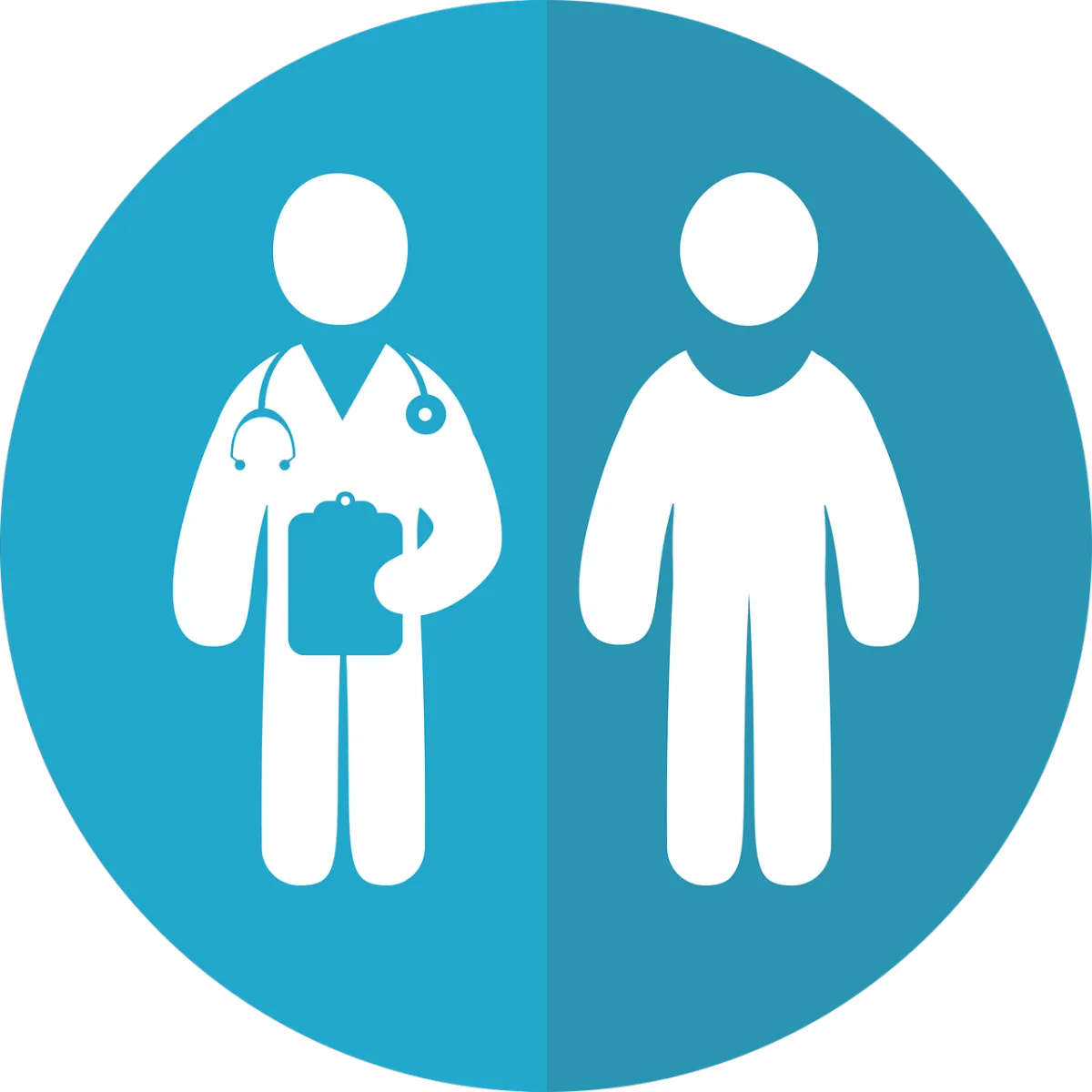
STEP 5
Get Your Results in 48 Hours
Your scan results will be available to us within 48 business hours of your scan. Depending on which option you selected, you will receive a call from our team to discuss your results on the same day we receive them. We will also forward your results to your doctor and treatment team to ensure they're in the loop.

STEP 6
What Happens After Your Results
Depending on which option you selected, you will receive recommendations for your next steps from our team based on your scan results. If there is anything that needs to change regarding your staging and/or treatment plan, our team is here to help you and your treatment team move forward with getting you the care you need, as fast and easily as possible.
Fill out your intake form
You'll hear from our team within 48hrs
We'll handle the coordination of your scan and results delivery
Rest assured...
You will feel prepared every step of the way
We will keep your doctor in the loop about everything
You will know what your results mean and how to action on them
Your Professional Care Providers
Meet our Team of Precision Cancer Medicine Experts

Michelle Morand
Co-founder, Educator and Precision Cancer Medicine Advocate

Lindsey Toane
Client-Care Coordinator and Director, and Healthcare Expert

Saima Paracha, MD
Medical Doctor, Specializing in Precision Cancer Medicine

Tara Kouhi, PhD
Research Scientist, Specializing in Precision Cancer Medicine

Noushin Moshgabadi
Research Scientist, Specializing in Precision Cancer Medicine
Frequently Asked Questions
Do I qualify for a PET-CT scan?
Unfortunately, not everyone is able to get a private PET-CT scan. There are strict requirements that dictate whether you are, or are not, eligible.
You need to meet one of the following criteria, in order to get a private PET-CT scan in Canada:
- Prior Cancer Diagnosis
- Pathology Report Showing a Cancer Diagnosis
- CT Scan or MRI with "Suspicious" Findings
Our team will need to have a copy of the above in order to proceed with coordinating your scan.

How Much Does a PET/CT Scan Cost?
PET/CT scans in Canada range in fee from $1,000 CAD to $3,500 CAD, depending on the location. (To you give you an idea, British Columbia is least expensive while Quebec is most expensive.)
In the USA, they range from $3,000 USD to $6,500 USD, depending on location and additional services associated with the scan.
When you use our PET-CT Scan Coordination Service, our team will find the scanning clinic that is closest to you and the least costly – and you will always have the option to choose the facility that works best for your needs.

How Much Does Your PET/CT Coordination Program Cost?
We work hard to make these leading-edge diagnostics accessible to as many patients as possible!
There are different fees depending on your needs.
Option 1:
If your doctor is willing to sign your requisition form and you do not want to receive a results delivery call from us:
Fee: $247 CAD plus GST
Option 2:
If your doctor is willing to sign your requisition form and you would like a results delivery call from Patient Educator & Advocate, Michelle Morand:
Fee: $497 CAD plus GST
Option 3:
If your doctor is willing to sign your requisition form and you would like to have a Precision Second Opinion with our lead cancer expert, Alex Rolland (which includes a results delivery call from Alex):
Fee: $1,744 CAD plus GST
Option 4:
If you need our doctor to sign your requistion form and you would like a results delivery call from Patient Educator & Advocate, Michelle Morand:
Fee: $697 CAD plus GST
Option 5:
If you need our doctor to sign your requistion form and you would to have a Precision Second Opinion with our lead cancer expert, Alex Rolland (which includes a results delivery call from Alex):
Fee: $1,994 CAD plus GST

What are the Pros and Cons to Having My Doctor Sign the Form vs. CTOAM's Doctor?
In order for us to coordinate your PET-CT scan, we need to have a requisition form signed by a doctor.
This can either be your doctor, or our doctor.
Your doctor may not be willing to sign the form for you, in which case you will need our doctor to sign it!
However, your doctor may be willing to sign the form for you. In this case, you should be aware of the pros and cons.
Pros of Having CTOAM's Doctor Sign the Requisition Form:
- It will be fast, within 48 business hours (M-F)
- Our team is responsible for coordinating the signing
- You will receive a delivery results call from one of our experts
Cons of Having CTOAM's Doctor Sign the Requisition Form:
- The fee is slightly higher, due to our doctor's fee to sign it.
Pros of Having Your Doctor Sign the Requisition Form:
- The fee is slightly lower, because your doctor will not charge you for it
Cons of Having Your Doctor Sign the Requisition Form:
- Your doctor needs to agree (you need to advocate for yourself)
- You need to coordinate with your doctor yourself (we do not assist with this)
- It can take up to two weeks for your doctor to sign it
- Your doctor decides when they will schedule your results appointment (we have no control over this)

How Long Does it Take to Book a Scan?
We are often able to get you booked and scanned within the same week you reach out to us. The longest wait for a private PET/CT scan would be around 2 weeks (for certain regions in Canada with fewer scanning clinics, for example).

What Happens After I Get My Test Results?
Statistics from studies conducted all around the world show that treatment plans are changed 95% of the time based on the PET/CT results!
If your scan results indicate that there is anything that needs to change regarding your staging and/or treatment plan – whether for surgery, radiation, or treatment options – our team is here to help you figure out what your best next steps are.
We will ensure that every step moving forward happens as quickly and effortlessly as possible. We will guide you and your treatment team towards the very best possible treatment that science-based medicine can provide you today.

How Can I Get Started?
If you would like our team to arrange a PET/CT scan or PSMA/PET scan for you, just do this:
a) Click any of the orange buttons on this page
b) You will be taken to an intake form
c) Fill out your intake form and click 'Submit'
d) A member of our Medical Office Team will follow-up with you within 48 business hours (Monday to Friday)
f) And our team will get things going for you ASAP!

Want to Speak with Someone From our Team Directly?
If you would like to speak with us to ask questions prior to filling our your form, you can email our Medical Office Director, Lindsey, at admin@ctoam.com or give our office a call at (+1) 778-999-5463.
We're happy to talk with you and ensure you have the answers you need in order to feel confident about your choices during this challenging time.

What Does "Thorough Genetic Testing" Actually Mean?
PET/CT and thorough genetic testing will give you and your treatment team the most accurate treatment plan. But what does that really mean? I mean, how far away from "thorough" is your standard of care diagnosis?
Well, right now – as of late 2023 – "thorough genetic testing" means identifying, across as much of your personal genome as possible, which mutations and molecular features are involved in your cancer. And that means ensuring you have both DNA and RNA testing – not just one or the other! – as well as one or two other specific types of tests based on your specific type of cancer. And you want to ensure you have a genetic panel that looks at a minimum of 350 genes: ideally, you want a 550+ gene tumour DNA panel and a 21,000 gene RNA panel.
If you’re not sure whether you’ve had genetic testing, don’t just ask your doctor if you’ve had genetic testing. Instead, ask them to provide you with the following:
a) The name of the test used and
b) A complete copy of the results of the testing. (Our team can also facilitate this for you if you prefer.)
Seeing the test results will allow you, or other experts like our team, to assess the thoroughness of your testing so far and ensure that any genetics that have been performed are being applied as effectively as possible. For example, our team will do this for you as part of your Precision Second Opinion consultation and follow-up.
Always remember: only 20% of doctors surveyed in the USA in 2023 say that they feel they have even a moderate sense of confidence in how, and when, to use genetic testing and how to apply the results of the tests to inform their treatment of their individual patients. That is not a lot!
Given the tens of thousands of scientific papers showing the massive benefits of targeted therapies and properly applied immune therapies – which can only be identified and accessed for you with genetic testing – it is reasonable to consider it negligent of our cancer care system that this testing is not provided to every single cancer patient immediately upon diagnosis. However, that’s a topic for another day.
The most important point here is there is so much that can be done to enhance standard of care and to significantly increase your odds of beating cancer – whether you are stage I, or stage IV, or anywhere in between.
Our team provides all the support that your doctor needs to access the best possible treatment(s) for you – even if the treatment is brand new to them or has never been used at their cancer centre before. As long as it’s FDA-approved, which all of our treatment recommendations are, then your doctor can prescribe it for you.
And that is what we are here for! To help advocate with your treatment team for your best care; to stand by to assist in coordination of the best treatment options for you; advocate with your doctors; and, if needed, arrange further testing of your tumour DNA, RNA, or other important indicators of which many hundreds of new FDA approved, non-chemotherapy treatments would give you the greatest possible benefit.

Want to Learn More About Precision Cancer Medicine and Our Team?
Visit our YouTube channel and search for your cancer type to learn a bit more about the many hundreds of different types of non-chemo-based FDA approved therapies for your cancer type. And be sure to watch the PET/CT video that I shared at the top of this page to learn more about PET-CT scans.
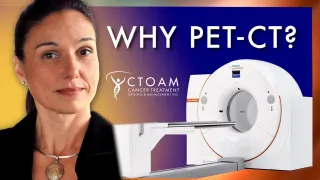
Our team has 60+ combined years in cancer care
Just one scan will give you all the information you need to feel confident in your cancer care choices.
Step 1: Fill out your intake form
Step 2: Our team will call you within 48hrs
Step 3: We will handle everything for you
Patient Testimonials
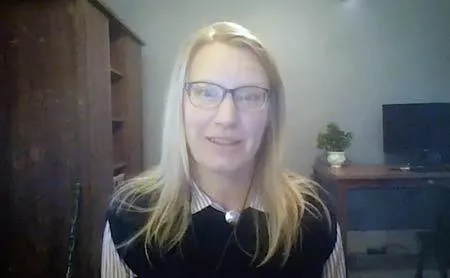
Annette F.
Stage 4 survivor, now cancer-free for 8+ years
“We have only good things to say about CTOAM. Alex was just so positive and we enjoyed our phone calls with him because after we talked to him, we were like, okay we can do this! You know, I want the person who knows the most about cancer to be managing my case. And Alex is that person. In 2015 I was diagnosed with stage 4 cancer and I didn't know if I'd be able to see my first daughter graduate highschool. Now it's 8 years later and I was able to do that! And I'm still in long-term remission."

Elke D.
Stage 3 survivor, cancer-free for 4+ years
“I’m thankful to CTOAM for all I’ve learned about cancer and have recommended you to many friends. I had a couple phone consults with Alex two years ago. As a result of his suggestions I asked for a biopsy and genetic analysis and targeted treatment. Fortunately I met the criteria for immunotherapy which has been very effective in treating my lung cancer for the past couple years. My latest scan shows no tumours and I’m off treatment now. I wish I had discovered and trusted CTOAM sooner."

Korey H.
Stage 4 survivor, now living an excellent quality of life for 5+ years
"For a lot of people, I think the route with Alex is sort of a must. I trusted him wholly right away. He shows you the science behind everything and then it’s up to you to decide what you want to do. He goes along with your choices, never forces anything on you. I wished I’d known about CTOAM a lot sooner and talked to you years ago. But thankfully it all worked out. Without Alex, I wouldn't have gotten the immunotherapy and then I'd still be on chemo. Or worse."
Do you have questions?
Use our contact form below or phone us at:
Email: admin@ctoam.com
Call toll-free: 1-833-493-5463
Call in Canada: 778-999-5463
Post Address and Mail
Email: admin@ctoam.com
Address
Headquarters:
Suite 377142-757 W. Hastings St. Vancouver BC, V6C 1A1
Get In Touch
Live Assistance Hours
Mon – Fri 8:00am – 5:00pm PT
Toll-free Phone Number:
1-833-493-5463
Phone Number (Canada):
778-999-5463

Office: We serve patients worldwide. Our headquarters is in Vancouver, BC, Canada.
Call 1-833-493-5463
Email: admin@ctoam.com
Site: www.ctoam.com
